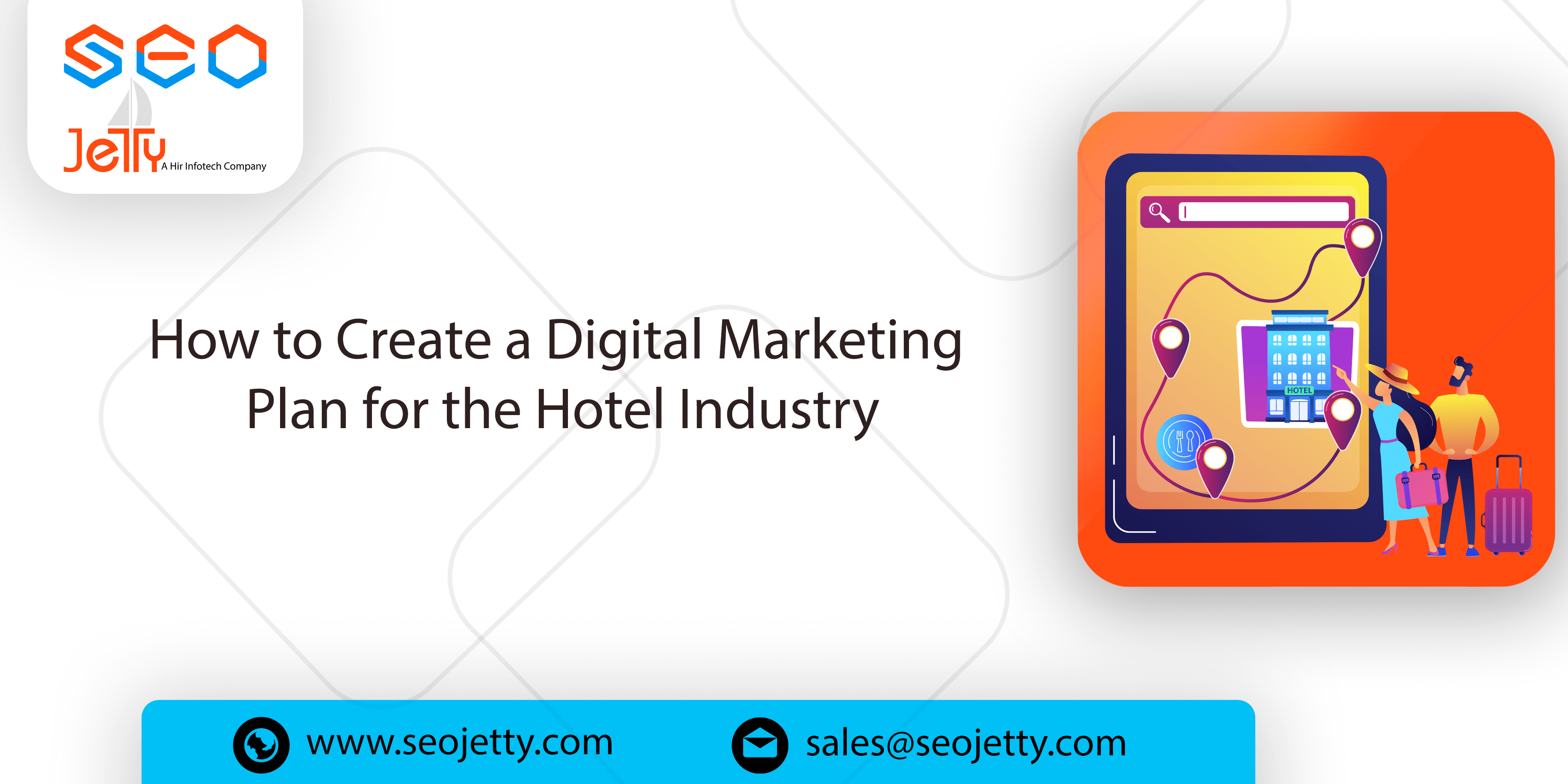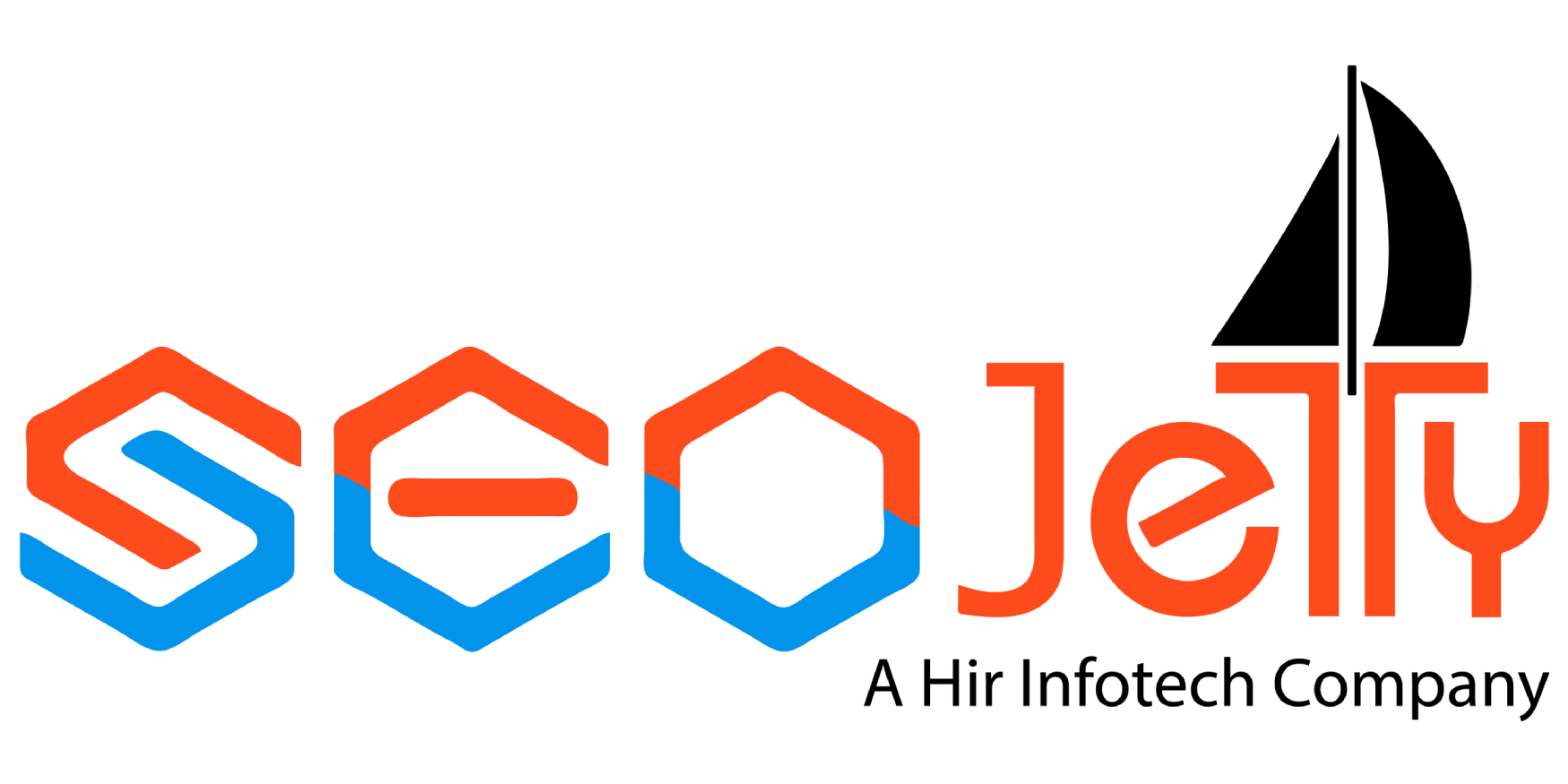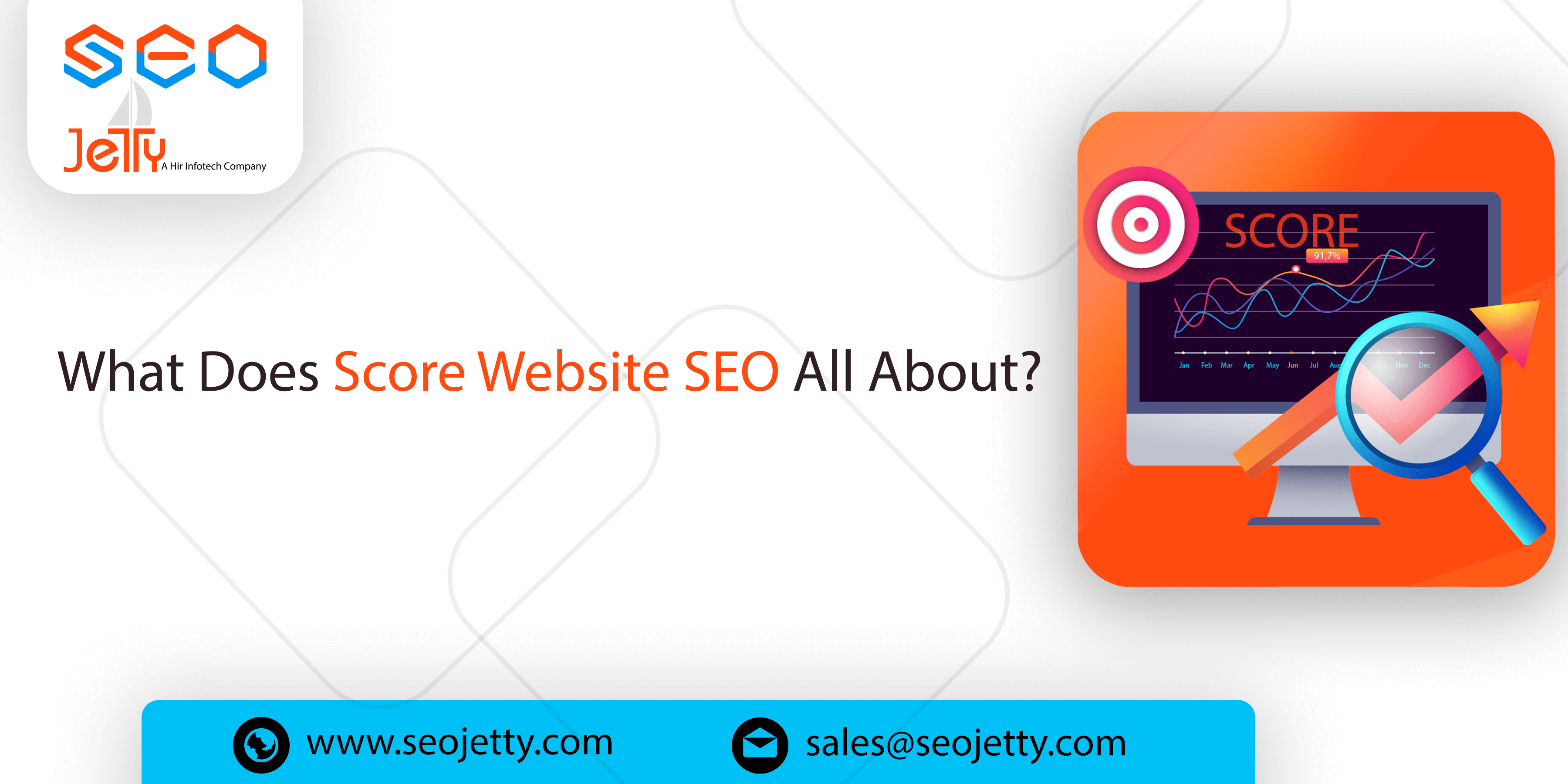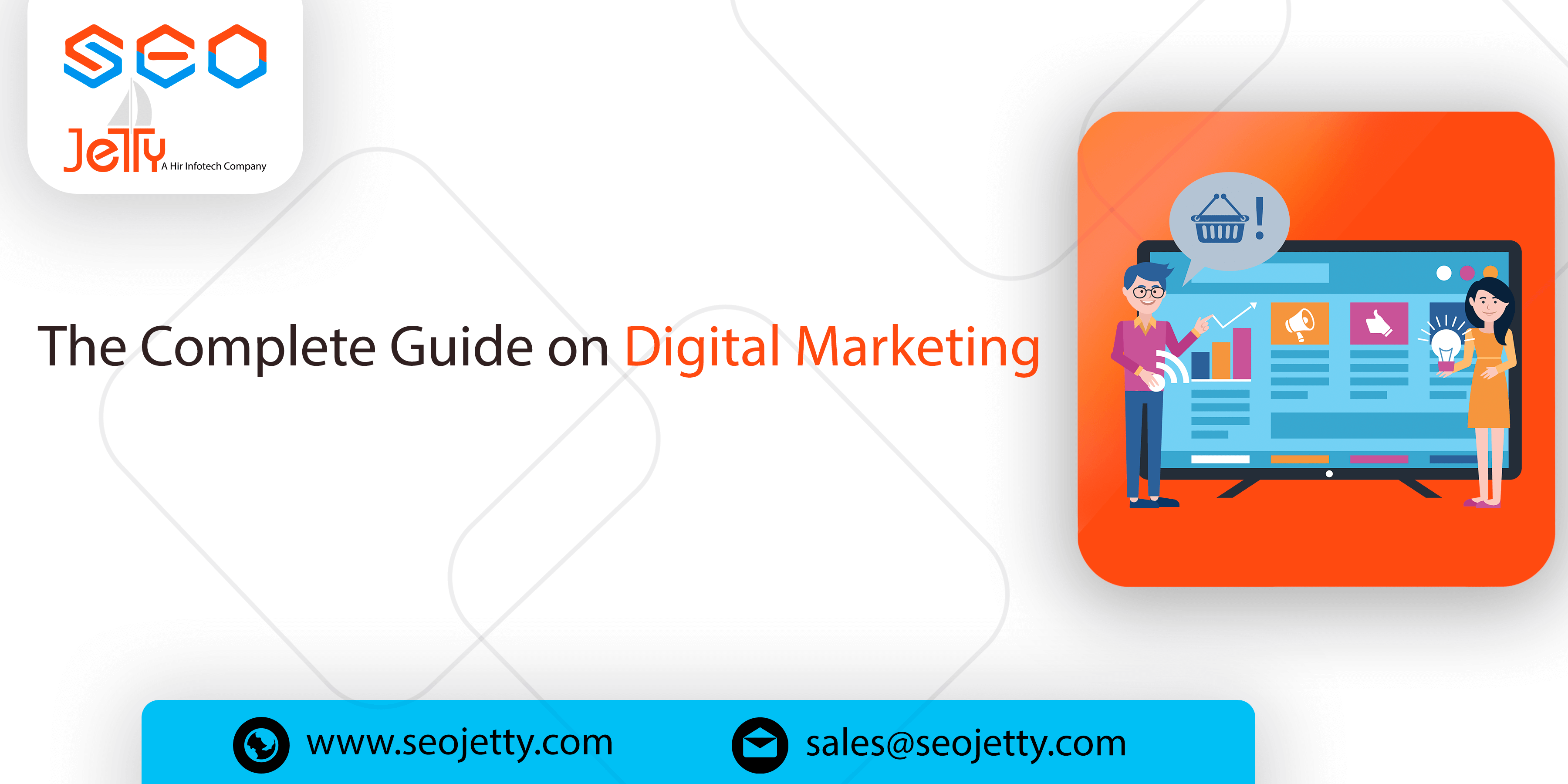
We now regard the internet as a fundamental requirement of life, alongside food, water, and shelter. The internet has completely changed the travel industry, and currently, searching online is the first step in every hotel booking.
As a result, you must now develop and maintain a strong online presence for your hotel on all the major social media sites, in addition to Google and Bing, including Facebook, Twitter, and Instagram.
In addition to increasing awareness, a comprehensive digital marketing strategy will also raise your brand’s strength, reach, exposure, and bookings, boosting your revenue.
Let’s look at a few strategies for starting to develop your strategy.
The hotel’s Digital Marketing Plan Is Grounded in Reliable Revenue Information
Insights on how you should divide your audience based on demographics, length of stay, wealth, and purpose of booking can be found by analyzing your sales pipeline and revenue figures.
If you want to develop a strong hotel digital marketing plan, it is imperative to be aware of this information. You may determine the length of the sales conversion cycle by segmenting the market based on the purpose of the booking, for instance.
Business reservations are frequently made quickly and for convenience, whereas leisure reservations take more time to make since they require more research and planning. Both of these bookings kinds call for a distinctive marketing strategy.
Similarly to this, your pricing strategy and competitive analysis can help you determine your special selling point. If your accommodations are more expensive, you could want to emphasize luxury and high-quality service in your messaging.
The amount of data generated by your revenue management systems are already substantial. Utilize that information to divide your target demographic and create buyer personas to help your hotel’s digital marketing approach.
Improve the effectiveness and visibility of your search ads
SEO is more crucial than ever because every online purchasing behavior begins with a search. Everything begins with an online search, including looking up hotels, comparing rates, reserving rooms, and planning an itinerary.
First, the essentials:
- On both desktop and mobile devices, your website should load quickly.
- Your website’s sitemap and architecture should be logical to make it simple to crawl.
- You should try to dominate a few important terms.
- An ongoing SEO audit can help you monitor results and identify areas for improvement.
Your SEO strategy should be built around keyword research and customer intent. When choosing keywords, be as detailed as you can.For instance, try looking for cheap hotels in Montreal rather than just hotels in Montreal.
Create backlinking-friendly content, like blogs and how-to manuals. The better your content, the more likely you are to receive backlinks from reputable websites. Your search results will consequently improve as a result.
Your search performance is influenced by your Search Engine Marketing (PPC) or Google Ads, much like with SEO.
Google Hotel Ads can target customers who are prepared to make a reservation. Google Ads that are more conventional operate better for prospects with a longer conversion cycle.
Google Ads will help potential customers find you first by appearing at the top of the search results. Using long-tail keywords in your advertising and website will help you optimize these adverts.
You can run A/B tests and experiment with the copy, pictures, and landing page. You can learn what works for your hotel from this.
Utilize social media to share your story
Having a presence on social networking sites like Facebook, Twitter, LinkedIn, and Instagram is increasingly considered the best practice. But you’ll need to look beyond that if you want to really utilize social media.
Share enjoyable and amusing stuff on your social media platforms. Your audience will perceive you according to the story you develop for your brand on social media.
Instead of using more formal content like a brochure, you are more likely to grow your audience by sharing humorous content about your hotel’s culture, hospitality, amenities, and service.
Another excellent strategy to build a following and interact with your target audience is to go live on special occasions. This function is currently available on almost all social media platforms, including YouTube.
Social media is, above all, a two-way discussion. Using social media listening tools, pay attention to what your guests and potential guests are saying online about your hotel.
Resharing content that your followers tag you in and chiming in to address any negative feedback is a terrific strategy to establish a strong online reputation and receive positive feedback.
In conclusion, hotel digital marketing is essential. Develop a strong online social media presence, learn from the data you’re collecting, and tailor your digital marketing approach to your most valuable clients.
You can also ask us for a digital marketing strategy in the interim to determine whether collaboration would be beneficial.
Frequently asked questions:
What does KPI mean in the hospitality sector?
A key performance indicator, such as the average room rate, is a quantifiable figure that shows how well a business or organization is doing with respect to its goals.
Which KPI is the most crucial for a hotel looking to increase business?
When evaluating a property, this is a significant KPI for hotel owners and investors. In addition, hotels depend on this safety net and profit margin to bring them through challenging times.
How do hotels attract guests via social media?
You can use social media platforms to promote your property. Potential customers can learn more about you from the content you share. Images, movies and other forms of material that represent your brand can be created and shown. Identify connections.









